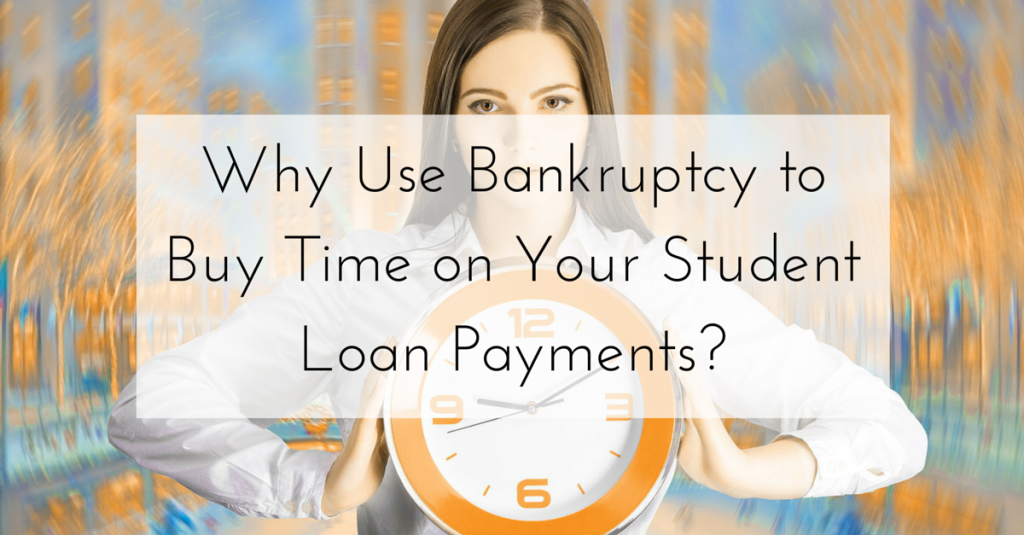If you’re in debt up to your eyeballs, you look to the bankruptcy laws to help you dig out of the hole and start over.
That, after all, is what the law’s designed to do – give you another opportunity to put yourself in a better financial position.
But if your debts include student loans, you quickly find out that the bankruptcy laws won’t help unless you jump through another set of hoops and prove that your existing financial situation is not only bad, but also long lasting. That’s why so many people with student loan problems don’t consider bankruptcy as a tool to help them get ahead.
As an article in the Pittsburgh Post-Gazette shows, bankruptcy is proving to be an option for some people who are struggling with their private student loan debts.
The article centers around David King and Julie West, two Pittsburgh area people with private student loans and using bankruptcy as a way to keep them under control.
Student loan borrowers have many ways to handle their private student loans when they fall behind. But for those with regular income and a way to pay a portion of their debt each month, the bankruptcy process allows them to reorganize their finances and make payments based on the amount of money left each month.
These bankruptcy cases, known as Chapter 13 bankruptcies, allow people to make payments and prevent collection actions against them while doing so.
We’ve talked about it here before, in fact.
The Problem of the Rising Balance
Going into Chapter 13 bankruptcy, however, is not a perfect solution.
Though collection efforts must stop and student loan lenders are required to accept payments, interest continues to build up on the unpaid balance. Once the repayment plan is over – it’s capped by law at five years – that interest is tacked onto the balance.
For people paying less than the interest through their Chapter 13, that means the balance will be higher after bankruptcy than it was before the case began.
Protect Guarantors and Cosigners
On the other hand, Chapter 13 can help student loan borrowers who can’t remain current on their loan and need to protect guarantors and cosigners.
In spite of the fact that interest continues to build up, the automatic stay provisions of the bankruptcy law prevent collectors from harassing, suing and getting judgments against the people who have put their name and credit on the line for a borrower’s loan.
For many borrowers, this may be reason enough to consider Chapter 13.
Put Their Feet to the Fire
One unsung benefit of Chapter 13 bankruptcy comes in the form of the Proof of Claim – the document that a creditor needs to file in order to get paid through the bankruptcy plan. That document needs to provide detailed information about the balance due, the owner of the debt, and a host of other things.
If it’s incomplete or incorrect, you may have a way to get the debt reduced or even kicked out entirely.
Failing to review the Proof of Claim filed by your private student loan company may harm you not only in your bankruptcy case, but even after it’s over because you’ll be prevented from disputing the balance due and the ownership of the loan if the lender sues you in state court after bankruptcy.
In other words, bankruptcy is a good place to force the student loan company to prove up every single aspect of their claim.
A Good Option For Some, But Not For All
Filing for bankruptcy may be a good option to help you buy time on your student loan payments. But before you make that choice, you need to understand what it means for you and your family in the long run.
Keep it in your pocket, but remember that your best choice is an individual one that takes into account your situation as well as you goals.
